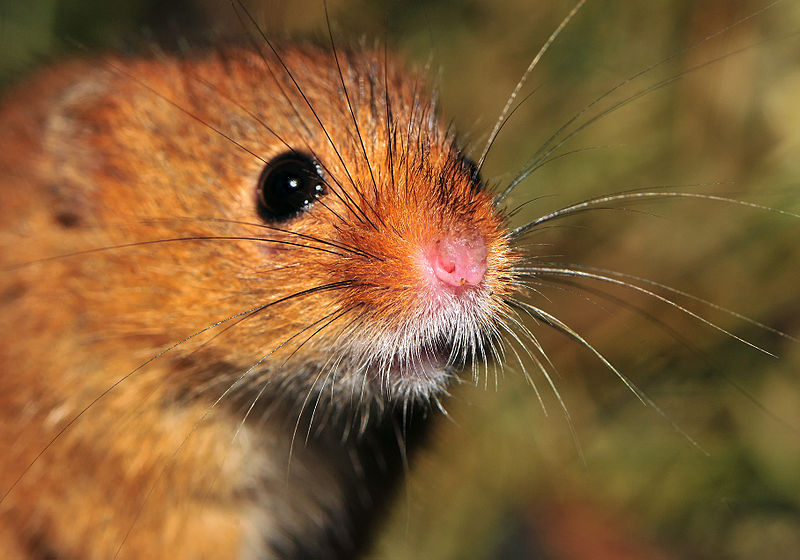The face of the Essex countryside is forever adapting, with the arrival of new animal and plant species on a frequent basis. Farming is essentially changing too, with less livestock production and more arable crop farming. So why are we seeing these changes happen?
Conservation expert, Alan Roscoe, explores why...
"I was chuffed the other day to see that celebrity chef Tom
Kerridge’s pub, the Hand and Flowers, serves a main course of ‘Essex lamb bun
with sweetbreads and salsa verde’. With the notable exceptions of Kelly bronze turkeys,
samphire from our estuaries and previously, saffron from the eponymous Walden,
Essex is not especially venerated for the distinctiveness of its produce. So it
was nice to see us given a mention.
 |
| Image courtesy of Wikipedia "Crops" by Johannes Jansson |
It got me thinking though, about how geographically polarised
our food production has become, with comparatively little livestock in the
south-east, and how this has affected our wildlife. A lamb from Essex is a
pretty rare - no pun intended - beast and I can think of only two farmers
locally who raise sheep for the table. The exception proves the rule therefore.
Essex is predominantly an arable county and has been for many years, mostly as
a consequence of its soil being excellent for crops.
The presence of animals on a farm was, many decades ago, a
given. They were there to provide the power to drive the plough and the harrow.
With the arrival of mechanised power in the early 20th century however,
the presence of animals on a farm was no longer necessary and finding working
animals on an Essex farm is now almost an impossibility.
So what is the knock-on effect?
 |
| Image courtesy of Wikipedia "Farmer ploughing" by Ralf Roletschek |
Well, for a start, you no longer need grassland to feed your
animals. And so called ‘unimproved’ grassland i.e. areas which have not had
applications of chemicals or ever been ploughed, are especially rare. These
areas have high conservation value and would have numbered among the fields
which had fed animals for hundreds of years, only to be turned over to the
plough once the animals were no longer needed.
 |
| Image courtesy of Wikipedia "Harvest mouse" by Michael Gäbler |
But we also lose the animals and, arguably, their most
important product – their waste. An ecosystem is built from the base up and, in
many systems, we are talking about insects. Animal waste provides food and
shelter, primarily for various families of flies and beetles. These insects then
become a food source for small mammals, amphibians, reptiles and birds, thus
acting as the base of a huge ‘food pyramid’.
So although Tom’s lamb bun will set you back £27 a time, you
are doing your bit for biodiversity in Essex!"





.jpg)